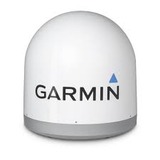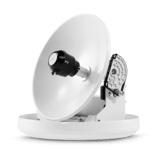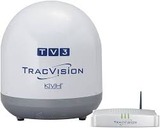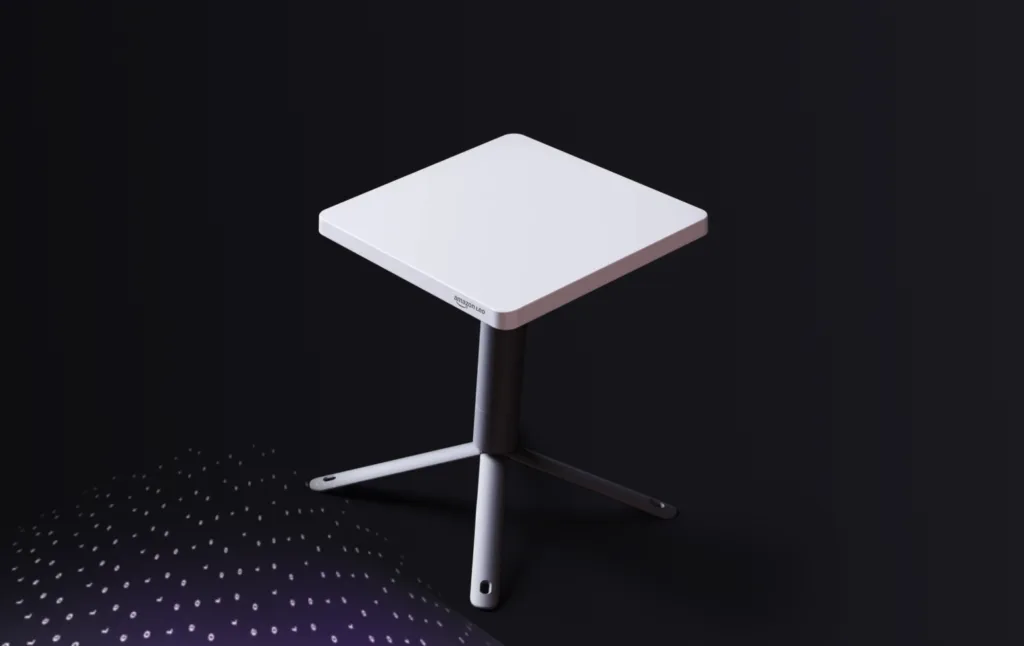Most satellite dishes—even “fully automatic” ones like the DISH Playmaker from Winegard—are designed to be used when stationary. The automatic satellite tracking on these dishes is more like automatic satellite finding—it will lock onto a satellite, but it won’t follow the satellite if the dish moves. Since a boat is constantly moving—even when anchored—this is a problem.
You’ll have to pay a lot to get a dish that’s constantly tracking. Most cost around $1,500 and some even go up to $13,000. If you just want to watch while docked, you can get away with a cheaper model. But if your goal is to catch the big game on the open ocean, it’s going to cost you.
The size of the satellite dish doesn’t make much difference on land, but it can be important on the water. Satellite TV providers aim their satellite signals toward land masses to maximize signal strength where the bulk of customers are, so the farther away from land you are, the weaker the signal gets. Larger dishes are more sensitive, so you can get a stronger signal when you’re out at sea.
If you want HD channels, check the specs for any dishes you’re looking at to verify it supports HD. This is mainly an issue with DIRECTV: many dishes that support both DISH and DIRECTV can pick up DIRECTV in only SD. If you want to watch DIRECTV in HD, look for a dish that explicitly says it works with DIRECTV HD signals.
If you’re planning on sailing to Europe or South America, your satellite TV may not work. Many dishes have components that are localized to a specific region, and they won’t decode satellite signals from other areas. This component is called the LNB, or low noise block, and it’s what converts the satellite signal into something usable by set-top boxes and DVRs.
If you plan on doing a lot of traveling between different regions, consider a dish that has an LNB that works across different regions. You won’t have access to your US-based satellite TV plan, but you can pick up regional international networks.





